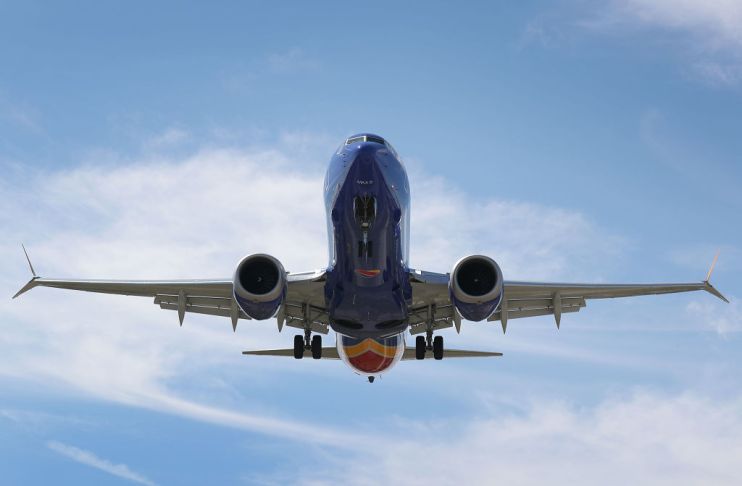Boeing halts production of 737 Max planes

Boeing has announced that it will halt production of its grounded 737 Max jet in January, after the US aviation regulator said it would not approve the aeroplane’s return to service before 2020.
The decision was made by Boeing’s board last night following a two-day meeting in Chicago.
Read more: Boeing 737 Max: Grounding could cost Tui next year
The firm will not lay off any of its roughly 12,000 employees at its factory near Seattle during the production freeze, it said.
The best-selling Boeing plane has been grounded since March after two fatal crashes in Indonesia and Ethiopia that killed 346 people.
Until yesterday’s ruling, Boeing had continued to produce 737 Max jets at a rate of 42 per month, even though deliveries remain frozen until regulators approve the aircraft to return to operation. The company now has 400 of the plans in storage, it said in an update yesterday.
The move will likely hit the firm’s global supply chain and land a punch on the US economy. Supply chains are already squeezed as a result of record demand.
Some analysts predicted that Boeing will continue to burn cash despite pausing production, as it is likely to provide support to suppliers.
“We estimate that Boeing is burning nearly $2bn per month on the Max, but this will not drop to zero during the halt,” JP Morgan analysts said.
They said more than half of the costs will remain due to overheads, staff expenses and support for key suppliers.
Meanwhile, Jefferies analysts said the firm could continue to burn cash at a rate of more than $730m each month.
Richard Aboulafia, vice president of analysis at Teal Group, said: “We don’t know what Boeing plans to do about its suppliers.
Read more: Former Boeing employee to testify after 737 Max concerns
“They might need them to stop component, systems, and structures deliveries, but it would still need to help these suppliers keep workers and capacity so they can go back to full output when the time comes.”
Boeing’s shares took a four per cent hit at market close yesterday, and fell a further one per cent to $327.80 after hours.
The company said it will provide financial information regarding the production suspension in January.
Main image: Getty